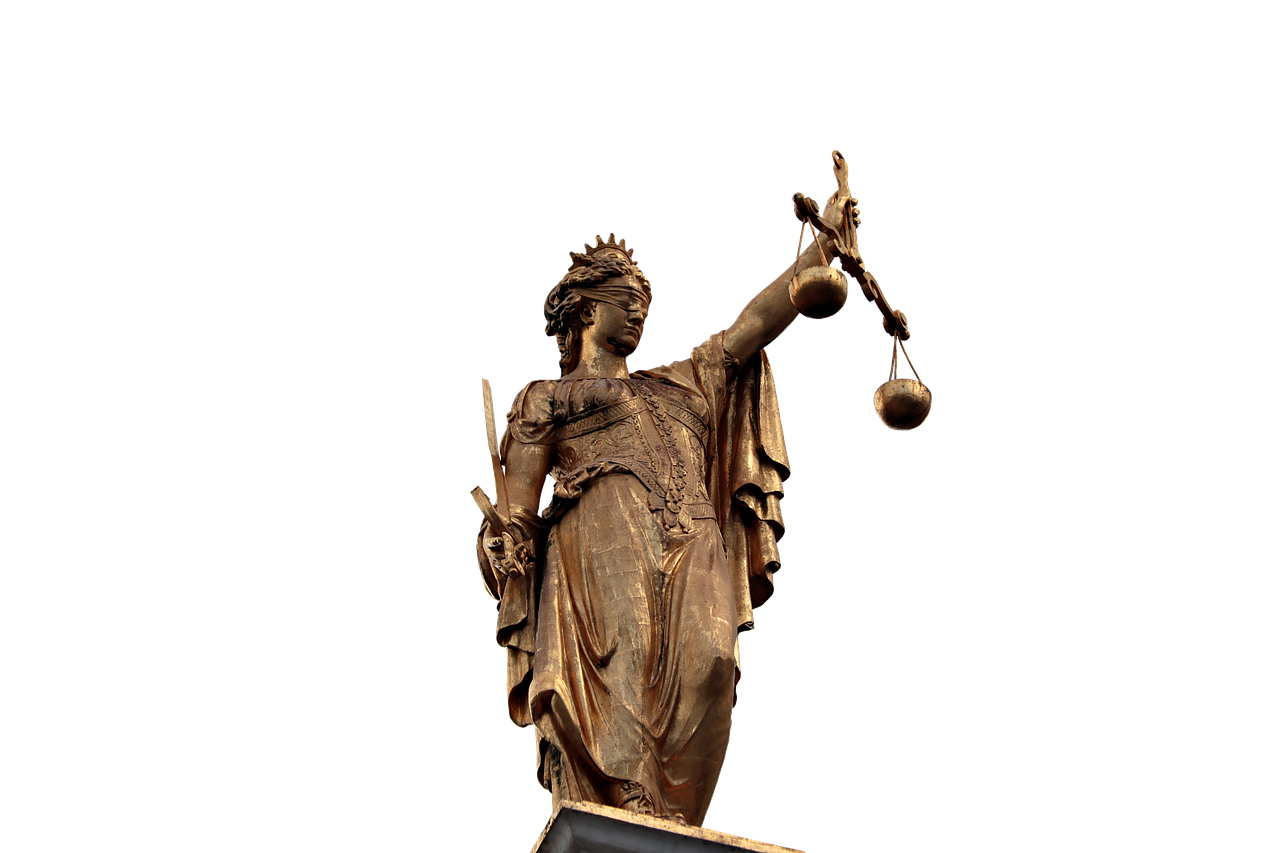Uranus: The Primordial Sky God in Greek Mythology
Uranus (Ouranos) ranks as the earliest god of the heavens in Greek mythology, embodying the sky as a massive dome of brass adorned with stars. In this ancient world view, the edges of the sky connected to the earth, resting on its furthest reaches. Uranus represented the sky in physical form, while his counterpart, Gaia (Gaea), symbolized the earth.
Early Offspring and Rebellion
Uranus and Gaia birthed a formidable brood consisting of twelve sons and six daughters. However, he imprisoned his firstborn— the Cyclopes (Kyklopes) and the Hecatoncheires (Hecatonkheires)— within the bowels of the earth, inflicting great distress upon Gaia. In her anguish, Gaia stirred her Titan sons to revolt. Four of them positioned themselves at earth’s corners, preparing to seize Uranus as he descended to mate with Gaia. The youngest Titan, Cronus (Kronos), stealthily approached and castrated Uranus with a sickle fashioned from adamantine stone. The blood that dripped onto the earth birthed the fierce Furies (Erinyes) and Giants (Gigantes).
Uranus foretold the Titans’ downfall and the consequences they would endure, a prophecy later realized by Zeus when he overthrew the five sons and imprisoned them in Tartarus.
Artistic Representation
Although early Greek art did not prominently feature Uranus, Egyptian interpretations of their sky goddess, Nut, vividly illustrated his construction. He was envisioned as an enormous, starry figure with outstretched limbs as he spanned the skies. In Roman times, he was often shown as Aion, the god of eternal time, depicted as a man holding the zodiac wheel, positioned above the reclining Gaia.
Family Lineage
Parents
- Gaia (without a father)
- Aether and Gaia
- Akmon
- Aether and Hemera
- Nyx
- Originating from the World Egg created by Chronos.
Children
Uranus fathered numerous descendants through Gaia, including:
– The Titans: Oceanus, Coeus, Crius, Hyperion, Iapetus, and Cronus.
– The Titanides: Theia, Rhea, Themis, Mnemosyne, and Tethys.
– The Cyclopes and Hecatoncheires.
Uranus in Ancient Texts
Uranus is mentioned in various ancient texts as both the consort of Gaia and a parent to many divine beings. For example:
– In Hesiod’s Theogony, he is depicted as overthrown by Cronus, who was driven by revenge, although some accounts suggest multiple parentage links.
– Roman writings further explore Uranus’ relationships and offspring, indicating he despised his children, subsequently imprisoning them.
The Castration and Aftermath
The myth of Uranus’ castration at the hands of Cronus highlights themes of power and revenge within the pantheon. Following this act, the blood that fell to the earth bore vengeful beings such as the Erinyes and the Giants, marking the shifting powers in the world of gods.
Cosmic Foundations and Further References
Uranus features prominently in tales concerning the origination of the cosmos. His essence and nature as a deity extend to various references in classical literature, where he is consistently associated with the heavens and the foundational myths of creation.
Hymns and Philosophical Notes
As part of his worship, Uranus is mentioned in hymns that underscore his grandeur and cosmic influence. Greek philosophers like Plato offer etymological reflections on the character of Uranus, further emphasizing his significance in the quest for understanding the divine.
In conclusion, Uranus remains a pivotal figure in Greek mythology, a symbol of the sky and a notable parent of notable deities whose tales are interwoven throughout ancient literature and art, encapsulating the mighty and often tumultuous nature of divine lineage.



